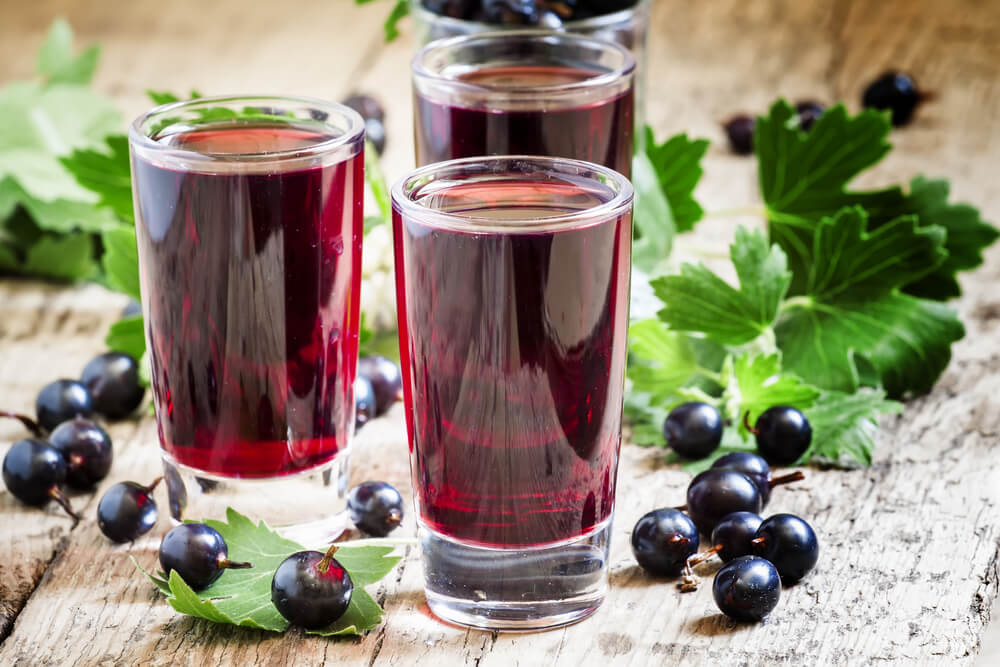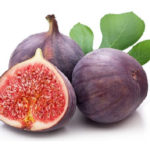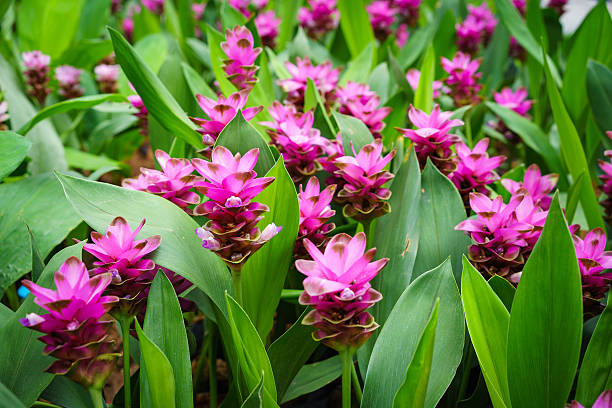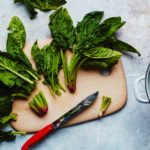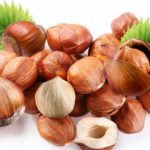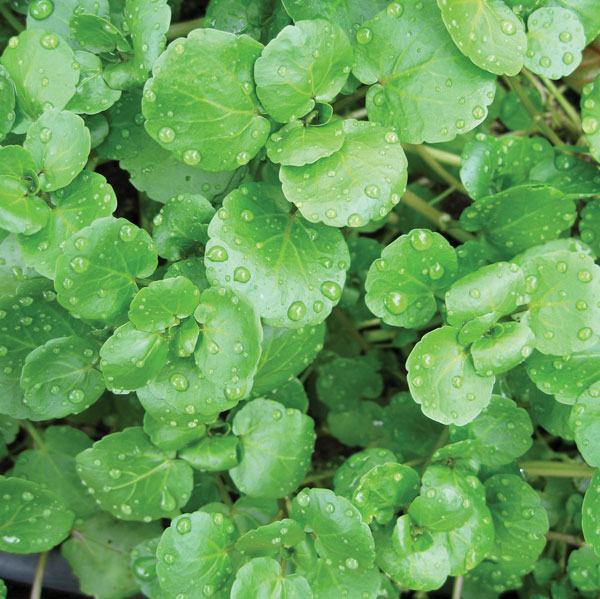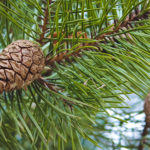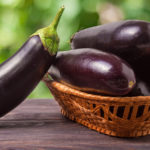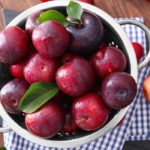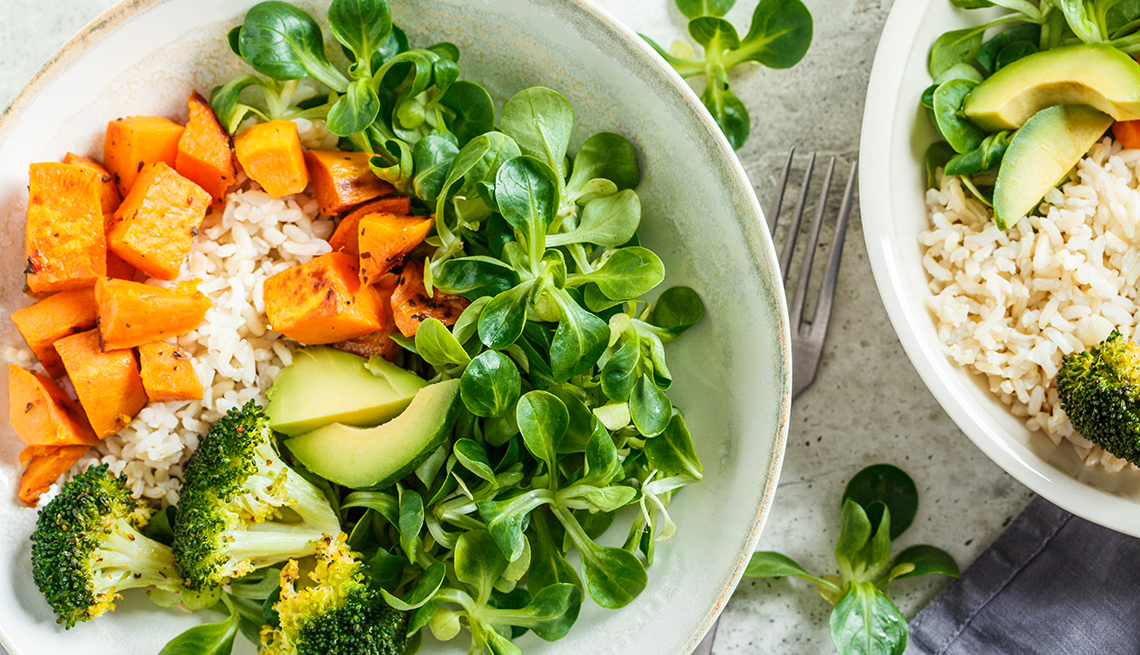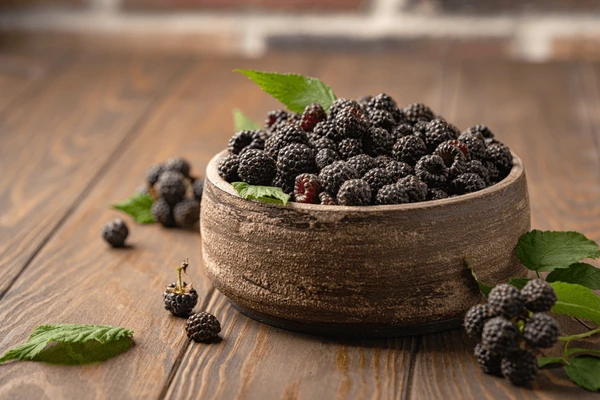HEALTH BENEFITS OF BLACKCURRANT
Benefits of Blackcurrant are quite enormous as eating blackcurrant stops the process of inflammation in the joint region and relieves the pain. Both Blackcurrant and Redcurrant are good medicinal food good for the health but as fruits, I would say the blackcurrant is preferable.
Blackcurrant is a fruit that is also known as Europe blackcurrant. It originated from the cold region and grows wild in Southern and Central Europe. They are primary grown in counties like Poland, Russia and Germany.
Those suffering from rheumatism or circulatory and vascular disorders will benefit a lot from consuming the blackcurrant because it is a good medicinal food.
SEE ALSO:Benefits of Figs
Properties and Indications of the Blackcurrant
The carbohydrates blackcurrant provides come in form of sugars (13.4%) and also significant amounts of proteins (1.4%). The blackcurrant virtually has not fat (about 0.4%).
Blackcurrant is quite rich in vitamin C. It contains 181mg/100g of vitamin C with 1.54mg/100g of Iron. Some significant amounts of B group vitamins, potassium, magnesium and calcium are also present in blackcurrant.
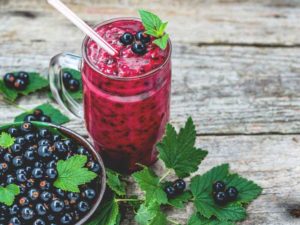
The flavonoids found in blackcurrant are quite powerful in their anti-inflammatory and anti-oxidants effects. The blackcurrant purifies the blood, protects the arteries and puts the digestive system in order.
Blackcurrant Composition
Per 100g of eatable parts is composed of the following:-
Energy = 63.0kcal = 22kj
Niacin = 0.300mg NE
Protein = 1.40g
Carbohydrates = 13.4g
Fibre = 2.00g
Vitamin A = 23.0ug RE
Vitamin B1 and B2 = 0.050mg respectively
Vitamin B6 = 0.66mg
No folate
No Vitamin B12
Vitamin E = 0.100mg ∝-TE
Phosphorus = 59.0mg
Calcium = 55.0mg
Magnesium = 24.0mg
Iron = 1.54mg
Potassium = 322mg
Zinc = 0.270mg
Fat = 0.410g
Sodium = 2.00mg
Saturated fat = 0.034g
No Cholesterol
This is based on a 2,000 calories diet
Percentage (%) of the Blackcurrant
Fibre = 2.0%
Minerals = 0.860%
Fat = 0.410%
Water = 82.0%
Carbohydrates = 13.4%
Protein = 1.40%
READ ALSO: Lentils is an Iron and Fibre-rich Food
How to prepare and use the blackcurrant
- Raw: Get the blackcurrant when it is ripe. It should be eaten ripe.
- Preserves: Blackcurrant are good in preparing jellies and jams. Their vitamins C may be lost in the process but the minerals are not lost.
- Cooking: For all kinds of desserts and pastries, they are quite good.
- Beverages: For beverages, Blackcurrant juice are rich in Iron and Vitamin C
Benefits of the Blackcurrant Leaf Extract
Extracts for the blackcurrant contain anti-inflammatory effects. Therefore, consuming the fruit prevents the inflammatory processes and eases pain in the joint region. They also help in expelling uric acids that trigger joint inflammation (arthritis).
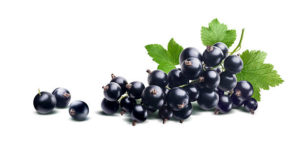
Blackcurrant provides beta-carotene, phenolic acid, lutein and flavonoids and all the properties help to combat cancer of the breast and also promote healthy eye.
According to studies conducted, blackcurrant oil is quite effective against the bacteria that causes stomach ulcers, nausea and abdominal pain. Helicobacter pylori is the name of this type of bacteria.
Blackcurrant can also help prevent the outbreak of herpes. If you want to take the advantages of its nutritional benefits, you can take the supplements.
According to Healthline.com, it was called a forbidden in USA was this beautiful medicinal plant was banned in the United States of America in 1911 due to the fact it was believed that blackcurrant carries a fungus known as white pine blister which affected the pine forests. This was done in order to protect the pine forests.
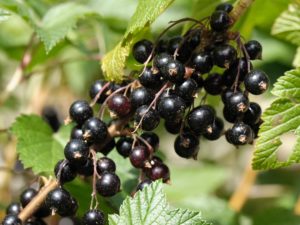
This is because the white pine trees were important component of the lumber industry.
Although, the ban was lifted in 1966 but they have never returned to the USA like before but they have started thriving in areas like Oregon, Connecticut and New York.
Risks of Blackcurrant
- Blackcurrant can cause an allergic reaction
- If symptoms of rashes, swelling or hives is experienced after eating the blackcurrant, then discontinue the use of blackcurrant.
- It is worthy to note that the oil (i.e. the blackcurrant seed oil may trigger some side effects for some people including diarrhea, gas or headaches.
READ MORE: Bulimia Nervosa An Eating Disorder
Natural Treatments for the Brain
Cucumber Beautifies and Cleanses the Skin
Turmeric for your stomach and skin
Health Benefits of Blueberries

A graduate of Computer Science and Information Management Technology. Diploma – Caregiving, Certificates – Dementia and Diabetes Awareness and Management. A researcher, blogger, songwriter, singer and acoustic guitarist. Born in an environment where natural talents such as healing are imparted at our natural birth. This natural talents of healing is the result of our genetic inheritance and the training from family environment.







